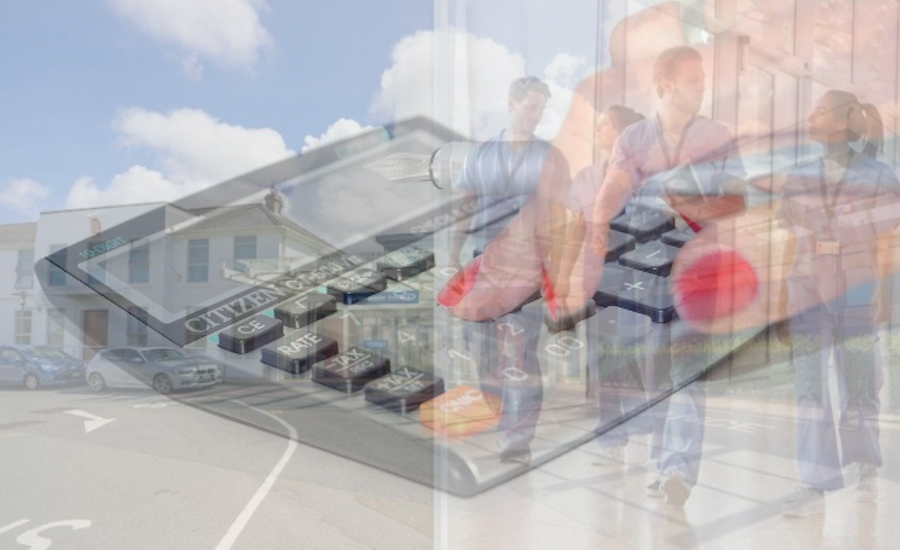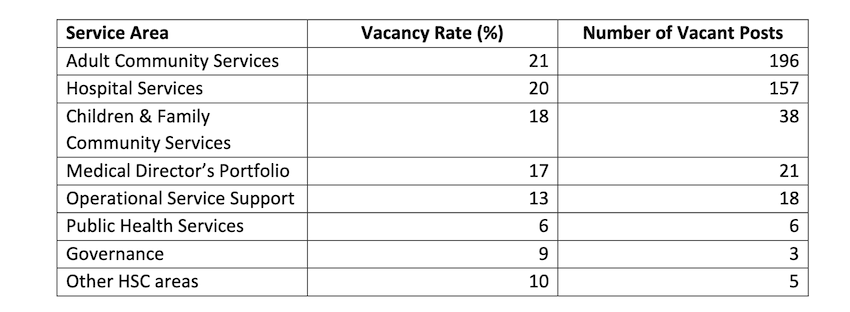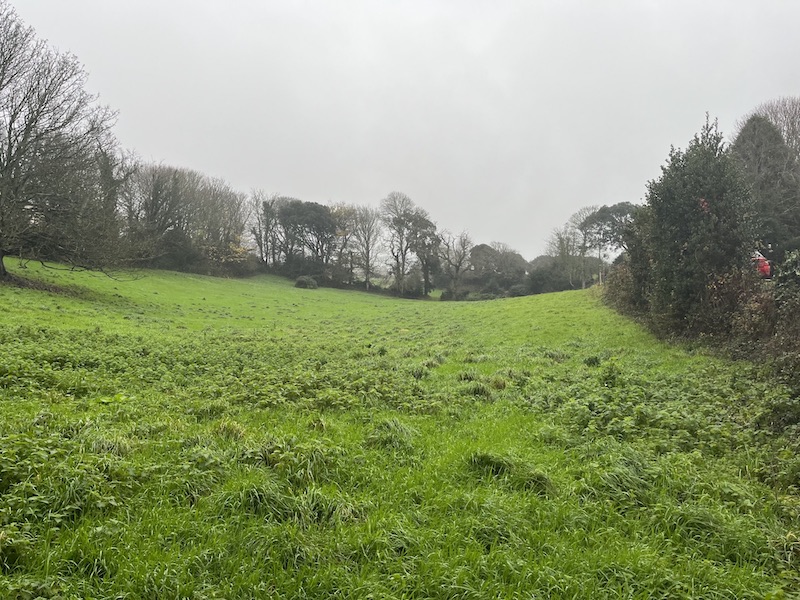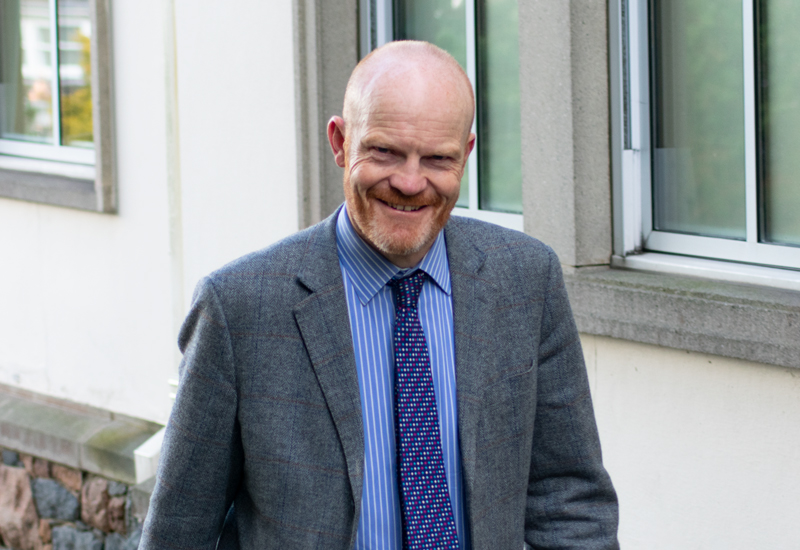


Health’s spending on agency staff soared to at least £11.8m. last year - more than double what the bill was before.
Some 9% of the workforce - or 154 vacancies - are now being filled by these staff, who attract premium pay to temporarily come to Guernsey.
Other roles are being covered by bank staff and through overtime.
Data has also shown the full extent of staffing pressure within Health and Social Care, with 444 vacancies at the end of the year, with vacancy rates above 20% in some areas.
“It is important to understand that the health and social care operating context has changed dramatically since Brexit and the Covid-19 pandemic with large numbers of registered and unregistered practitioners returning to their country of origin or leaving the professions,” said HSC president Al Brouard in response to official questions.
“In effect this has meant that an increasing number of NHS Trusts and Local Authorities are reliant more on locum or agency staff as is the case in the Bailiwick. It is not envisaged that this position will change significantly in the next five years, but HSC will continue with a strategy of recruiting permanent staff and aim to reduce the numbers of agency staff across the health and care.”

Pictured: Current vanancy rates in Health & Social Care.
By the end of November 2022, HSC spend £11.82m. on agency staff, which compares to £5.23m. in 2021, £5.38m. in 2020, £6.47m. in 2019 and £5.16m. in 2018.
Some areas saw particularly marked increases.
Medical services jumped from £362,000 in 2021 to £2.5m. in 2022; surgical services went from £213,000 to £1.52m.; radiology grew from £64,000 to £523,000.
HSC has said that the level of activity across its services was higher, for many reasons, in 2022 than in 2020 and 2021.
“There are also areas where a high number of agency staff have been required, where cost has significantly increased compared to previous years,’ said Deputy Brouard.
“The increasing reliance on agency and locum staff has driven market forces and the cost of agency has increased significantly in the last 18 months. In the Bailiwick this is particularly evident in Adult Disability Services, Medical Services and Surgical Services."
The bill for agency staff in adult disability services has climbed annually, from £458,000 in 2018 to more than £3.99m. in 2022.
“The use of agency staff has provided some flexibility to manage overall staffing at the various stages of the pandemic since 2020, while providing the Island with the resource and skills required to meet community needs,” said Deputy Brouard.
“Service continuity that was both safe and effective could not have been achieved otherwise. In the longer term if the labour market does not improve, then challenging decisions may have to be taken in terms what the universal offering looks like for our community.”
He gave some reasons for the increases in agency staff spend:
HSC has argued that a shortage of suitable accommodation is hampering its efforts to recruit permanent staff as it backs the case to building housing on a field in the grounds of the PEH.

Pictured: A planning application has been submitted to build housing for health staff on a field in the grounds of the PEH.
It is also making efforts to “grow our own” staff.
“This includes the well-established student nurse programme and a variety of training opportunities in allied health professional roles. While the overall ambition is to invest in training and development of staff and to seek creative ways to encourage a workforce from within the Bailiwick community, efforts to recruit to trainee positions has also been increasingly challenging, with competition from other economic sectors for a limited pool of on-Island resource.”
Deputy Brouard was responding to questions by Deputy Gavin St Pier posed at the start of January. HSC has yet to respond to Express’ questions from last year about how successful its ‘grow your own’ efforts have actually been in comparison.

Pictured: Deputy Gavin St Pier has questioned whether spending on agency staff could be better used to recruit permanent employees.
Deputy St Pier has questioned whether the spending on agency staff - which amounts to 6.3% of the entire pay bill of £116.11m. - could be better used to attract permanent recruits.
Comments
Comments on this story express the views of the commentator only, not Bailiwick Publishing. We are unable to guarantee the accuracy of any of those comments.